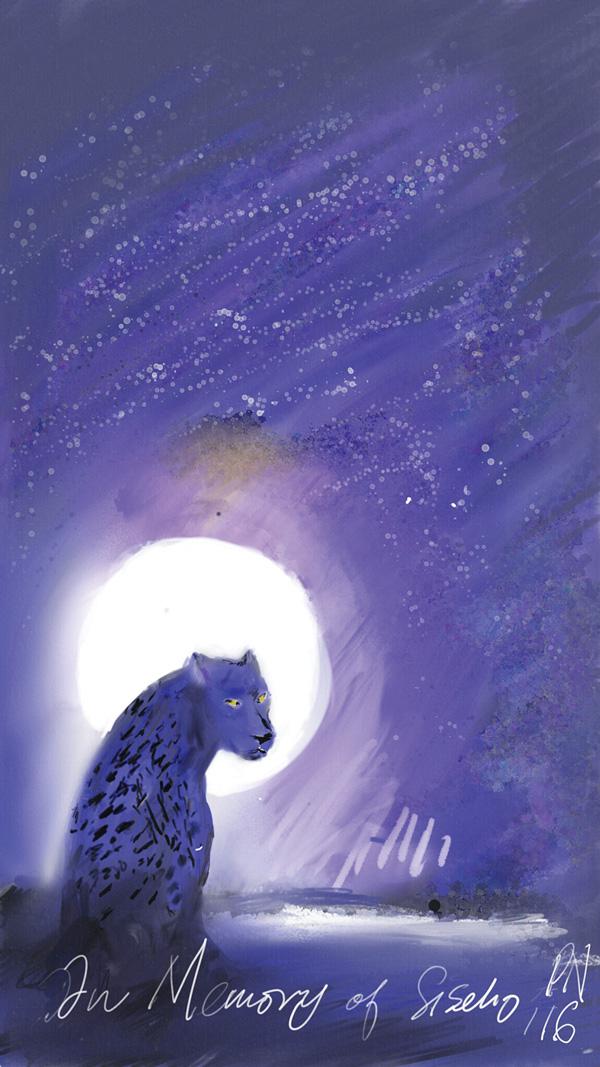
Stop “bloodbath” says international community
Promises of “strong retaliation” against Namibia if it does not stop the annual seal harvest have again been made by the international community. In a letter addressed to the local media as well as Ombudsman John Walters, hundreds of people say they will continue to promote “strong international boycott” against the country if the “bloodbath” does not stop.
Speaking to the Economist recently, Pat Dickens of The Seals of Nam (a lobby group which is calling for the end of the seal hunt), said it is hard to quantify the effect of a boycott.
“Who stops drinking Windhoek Lager? How many tourists decide to holiday in Botswana instead? What we do know is that we have received a number of letters where people support our calls for a boycott. We have a large Facebook and Twitter following. We are regularly engaging with international members of the press. All this is creating an unfortunate situation where the ethical world will no longer support Namibia.
“Namibia’s Ministry of Tourism recently released a statement that tourism had slumped. Is that a euphemism for the boycott is taking effect? We don’t want this situation. We want Namibia to benefit massively from the seal colony in terms of untapped eco-tourism initiatives,” said Dickens.
The Seals of Nam also has the Beach Master/Occupy Namibia Campaign in place. According to Dickens the organisation will deploy “Beach Master” volunteers on the ground, should the seal harvesting season continue.
“These individuals will send in reports on the slaughter, how the breeding colonies are disturbed, statements from unassuming tourists etc; which will then be sent out via various channels to the media and social networks on a daily basis. The Beach Masters will hold peaceful demonstrations outside of tourist destinations and informative pamphlets will be distributed,” he said.
However, government remains adamant that the seal harvest will continue, with Bernard Esau, Minister of Fisheries and Marine Resources, stating that the seal hunt has not been suspended and will continue as before.
“We will continue in the spirit of prudent management of marine resources,” Esau said.
The Minister maintains that he is open for discussions with the animal rights groups.
Last month, Esau increased the number of right holders in the local seal industry, from three to six concessionaries in a bid to promote job creation.
“Discussions with government have been limited. Aside from the ombudsman’s meeting [held in September 2011], it has been a sham. I was in Windhoek recently. I called the Ministry of Fisheries and was transferred from pillar to post. All I want to know is when will the aerial survey results for 2011 be available? I left messages and no-one replied. I event went to see the Minister in person. The best I got was the deputy director.
“He could not give me any population statistics; not for 2011, 2010, 2009, 2008 or even 2007. He couldn’t even name any scientist working with seals. The ombudsman cannot complete his report without the aerial survey and the hunt is just around the corner. We believe this could be a stall tactic,” Dickens stressed.
In September last year, Walters met with international animal rights activists to discuss issues regarding the seal harvest. After this meeting, the Benguela Current Commission which consists of Namibia, Angola and South Africa, was asked to undertake a survey to determine the number of seals in the respective countries.
A total allowable catch (TAC) of 80 000 pups and 6 000 bulls has been set for seals. The annual harvest takes place between July and November.












































